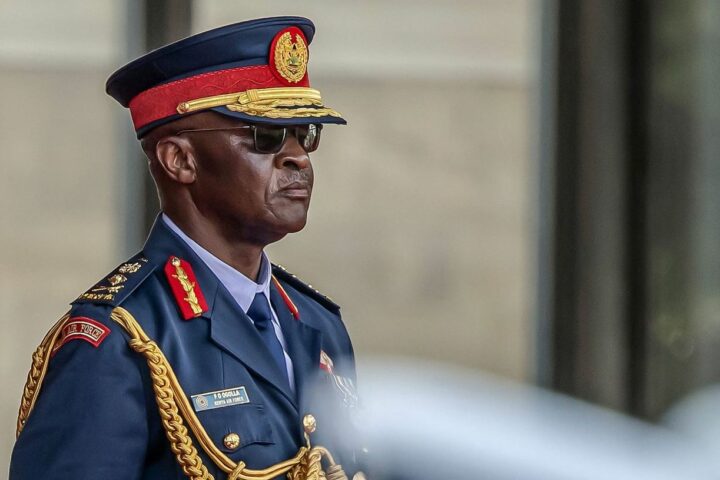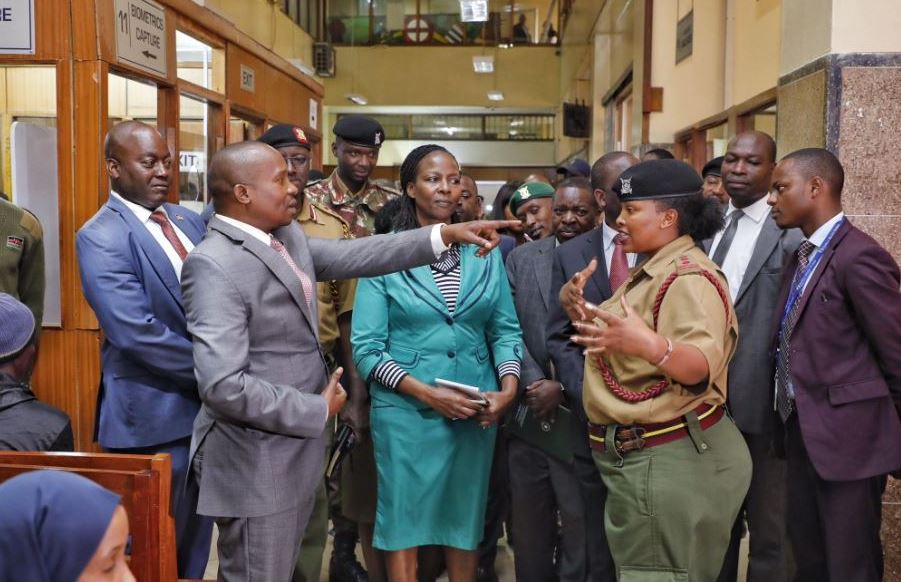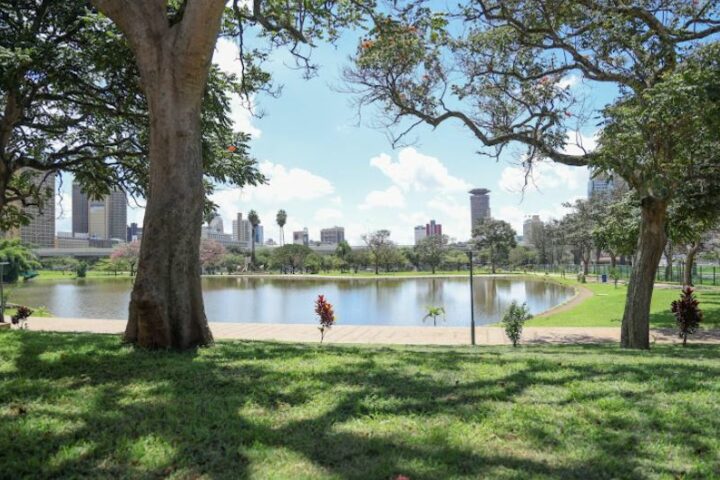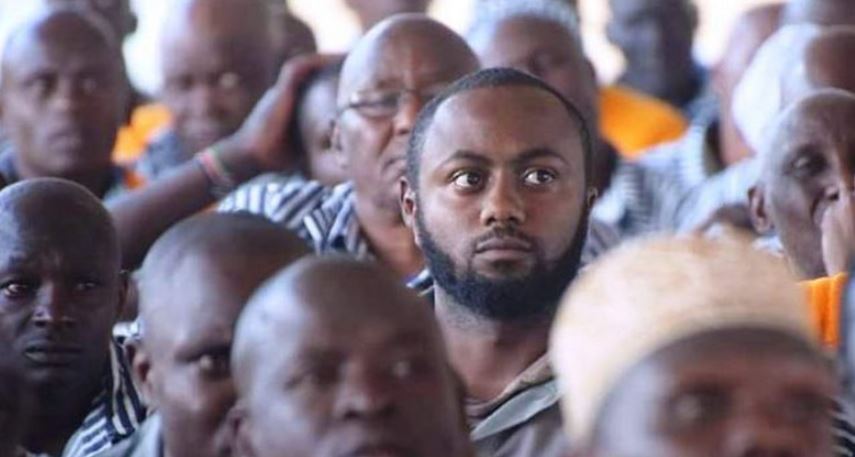
Mental 360 has been selected to join the Facebook Accelerator Programme in Kenya.
What does it mean to be mentally healthy or mentally ill?
Good mental health is when an individual’s mind is functioning correctly. It is the ability to cope with day to day stressors that affect our emotions, thoughts and feelings.
On the other hand, a mental disorder is an illness that affects a person’s mood, thinking and behaviour. Mental illnesses are often associated with distress and/or difficulty participating in social, work or family activities. It can be treated and managed with medicine, just like heart disease or malaria.
What is the leading cause of mental health issues in the country?
Mental health problems usually come as a result of many issues, but the one that stands out from our data is trauma from adverse experiences. I believe the youth face the highest risk, because most of them live in areas where there is a lot of stigma associated with mental illness.
Additionally, most young people lack the financial capacity to access quality mental healthcare.
How did you end up here, bearing in mind that you studied economics?
I got immersed in the field of mental health in 2016 after I lost some friends to suicide. Growing up, our definition of poor mental health was the naked man or woman on the streets. My friends never walked naked in public, but some of them lived and struggled with mental illnesses to the point where they took their lives.
That was a rude awakening for me. I became aware of the importance of mental health and learnt as much as I could so that I could save lives.
I had also been through some tough times myself and that put me in a good position to see the existing gaps in information on mental health. To address all this, I came up with Mental 360.
What services does Mental 360 offer?
We raise awareness, engage in advocacy and provide holistic and affordable therapy solutions. We use art, story-telling and experiential learning as tools for education and awareness creation.
We do in-talk therapy, art therapy and physical wellness. We also run a 24/7 helpline (0776543099) and reach out to the public on social media platforms. Additionally, we take our campaigns and programmes to schools, communities and work places.
What have you achieved so far?
Over the years, our awareness and therapy programmes have helped thousands of youth heal from trauma, while others have been transformed into mental health advocates. We have also designed and piloted Free Up mental health clubs which will be set up in learning institutions.
We have also been holding monthly support group meetings where people can share their experiences and learn from each other. Our flagship awareness and advocacy platform, The Cradle Arts Festival, was a huge success and we are doing it online this year.
Our work has been recognised as being among the impactful social enterprises in Africa, and we were recently roped into the Facebook Accelerator programme.
What does this programme mean for you and the organisation?
First, it is an indication that people are beginning to appreciate the benefits and importance of good mental health. It is also gives me an opportunity to network, learn, grow and scale our products and services.
Apart from advocating for good mental health, what else do you do?
I manage, mentor and support a generation of talented conscious artists through the Cradle Arts Festival. There is a great pool of budding talent in Kenya that can be used to unite the country and make the world a better place.
Where do you want Mental 360 to be in the next few years?
We want to take this campaign and break it down to the various contexts of our tribes. We want this issue to be owned by the community and for our interventions to be available to all.
We want the corporate world to embrace our initiatives. We want suicide rates to go down, we want suicide to be decriminalised as this will reduce stigma, improve reporting and help us plan effectively.
Someone who attempts suicide needs to be loved and put in hospital, not in jail. We want our programmes to not only heal but empower others socially and economically so that they can afford medication and therapy.
Courtesy/ Mynetwork






